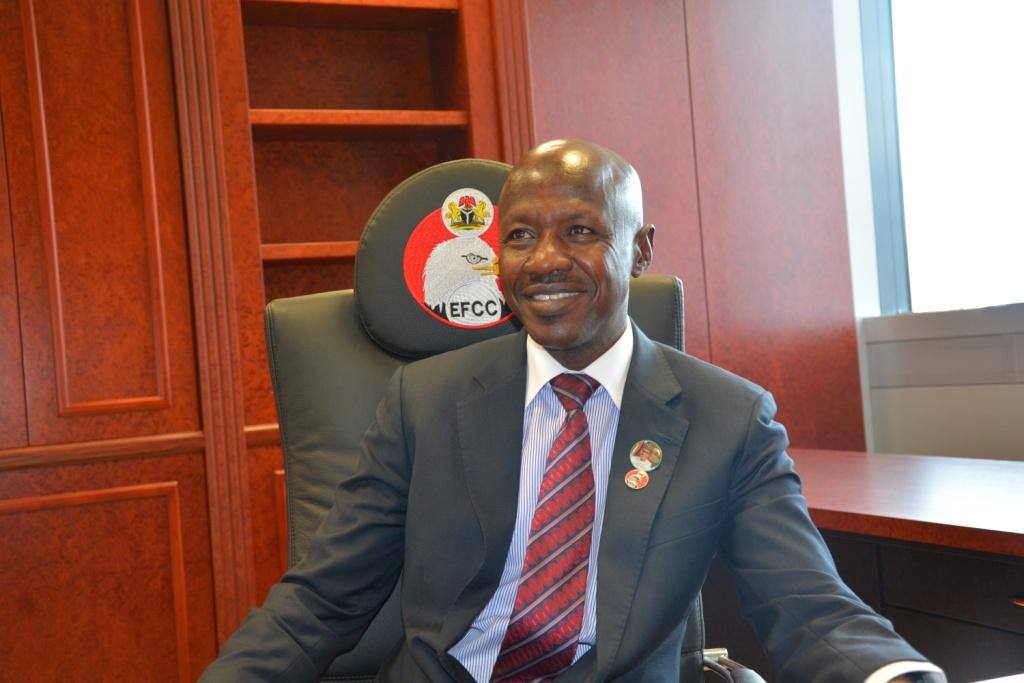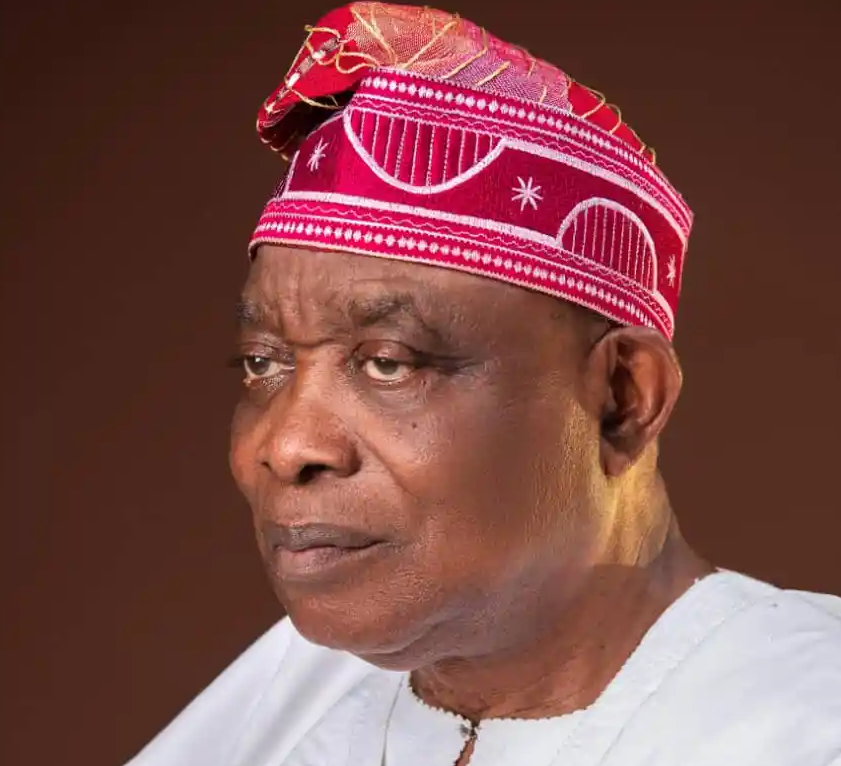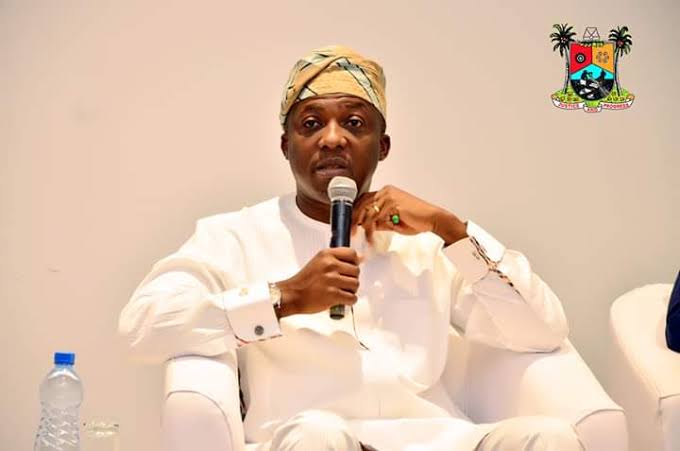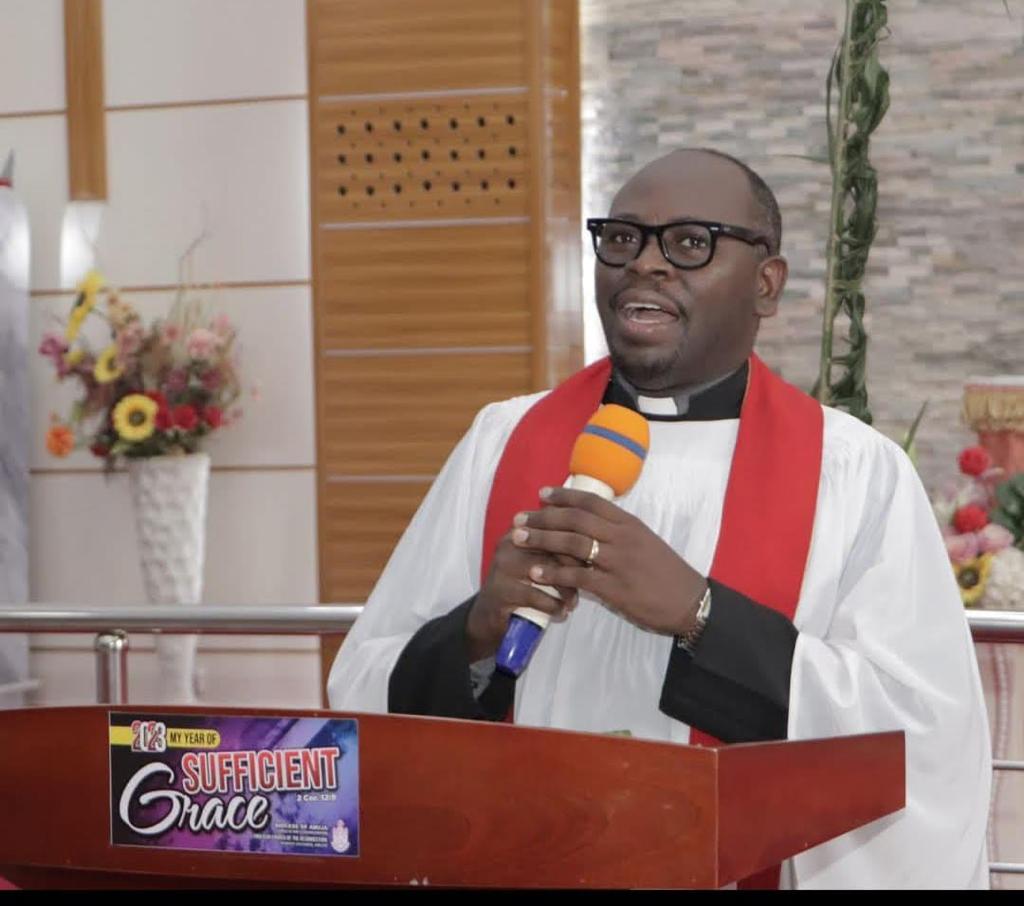BY MATTHIAS BEJIDE
The biggest surprise, as yet, is the national assembly’s disinterest in the upward price adjustments announced by pay television company, MultiChoice, on 1 November and which took effect five days later. Very uncharacteristically, neither chamber of the federal legislature issued a resolution ordering a reversal of the new prices or a price freeze, dictating what billing model to adopt. Up to now, there has been no notice of a public hearing into pay television tariff hikes and implementation of pay-per-view billing model.
The national assembly is not reputed for passing up chances to posture as defenders of the people and, like a scorpion, its tail is always up when MultiChoice is the subject. It is different this time. The national assembly has, perhaps, too much on its plate or has become sufficiently self-aware to stop posturing as fighting for the masses, given that its members –to enormous public chagrin– are already cruising around in vehicles worth N57 billion.
Issuing a resolution on the price freeze, it has probably realised, is an invitation to extra public attention to its members’ lush life in a time of real want. And with nerves currently as raw as sushi, that is not something to risk. The National Association of Nigerian Students (NANS), which threatened to picket MultiChoice offices after the last price adjustments in May, is also on vacation this time. It is perhaps dealing with the increases in levies charged by federal universities and thinking (I doubt it thinks) that the latter is a higher priority.
Advertisement
The field, for now, is left to the likes of Sina Bilesanmi, president of the Association of Telephone, Cable TV and Internet Subscribers of Nigeria (ATCIS) and former presidential aide, Okoi Obono-Obla. Bilesanmi was quoted by The Guardian as calling for a boycott of MultiChoice’s services because the company has increased tariffs four times in 2023, an indication of diseased memory or acute dishonesty. MultiChoice increased prices in May and November. One plus one, even by the most reckless arithmetical calculation, cannot be four. He also said he had written over 20 letters to MultiChoice to demand the adoption of the pay-per-view model, a symptom of deep illiteracy about a model that is used for one-off, big-ticket broadcasts and is typically way more expensive.
In his own case, Obono-Obla has written a petition to President Bola Tinubu to constitute the Consumers Protection and Competition Tribunal to end price hikes by MultiChoice. He, at least, was correct to state that MultiChoice had increased prices only twice in 2023, a sign that his numeracy level or memory is on a much higher tier than that of Bilesanmi. Obono-Obla’s petition was reticent on the role of the president’s economic policies in creating a situation in which prices are outrunning incomes at breakneck speed, a hint that he is not fully conscious. Otherwise, he would have known that inflation has risen for 10 straight months, five of which were under Tinubu, who removed the cushion of fuel subsidies in his inaugural speech.
Under the same man, the Naira has depreciated by about 50%. What are businesses, especially those reliant on imported components, to do when input costs gallop? Sing “Victory, victory/Halleluyah?”
Advertisement
Equally importantly, why is MultiChoice the only firm getting the likes of Bilesanmi and Obono-Obla foaming like a car battery with electrolyte leakage? StarTimes, in an August 30, 2023 email to subscribers, announced a 22% increase in package pricing effective September 1, 2023.
“From September 1, the new bouquet prices for our antenna decoder are Nova: ₦1,500; Basic: ₦2,600; Classic: ₦3,800. While the subscription changes for the dish decoder bouquets are Nova: ₦1,500; Smart: ₦3,500; Special: ₦5,000; Super: ₦6,500; French: ₦7,000; Chinese: ₦13,000; Full: ₦14,000,” the company wrote. This was a sequel to an announcement of price changes, which took effect on April 14, 2023.
In a similar vein, Seven-Up Bottling Company, in a letter dated September 9, 2023, informed its customers of its intention to raise product prices with effect from September 13. “Dear Valued Customer, the price of your favourite Seven-Up Bottling Company products will be increased with effect from 13th September 2023, as follows,” stated the letter titled “New Pricing Effective 13th of September, 2023-Prepaid”.
On August 3, Nigerian Breweries Plc wrote a letter to its direct customers, announcing an upward review of its product prices and citing the rising costs of input. The new prices kicked in on August 10.
Advertisement
“This is to inform you that we will review the prices of some of our SKUs effective Thursday 10th August 2023. This review has become necessary because of the continued rising input cost and the need to mitigate the impact,” the letter stated in part.
Bolt, the ride-hailing firm, announced a review of prices for its services with effect from June 2, following the announcement of the removal of fuel subsidy by the federal government. The new prices, according to the company’s official statement, vary across different cities, with Lagos having the highest rate of increase. In Lagos, the base fare rose by 17% from ₦450 to ₦527, while the price per kilometre went up by 36.84% from ₦95 to ₦130. The price charged per minute rose by 35.29% from ₦17 to ₦23. The minimum fare was set at ₦800, representing a 23% increase from 2022. The adjustments amounted to a 112% increase in total.
None of Seven-Up Bottling Company, NB Plc and Bolt got reported to Tinubu for raising prices. There was also no campaign that their products or services, used by more Nigerians than a pay television service, should be boycotted. There are numerous providers of goods and services, who do not need to formally communicate price changes. Food sellers, transport operators, pharmaceutical stores and private hospitals, for example. They affect more Nigerians than a pay television company ever will. You have to wonder why Bilesanmi did not call on parents of children in private schools to boycott those schools and homeschool their children because fees keep going up in response to what is going on in the wider economic space.
The thoughtless persecution of a company that is a victim of the economy as any other one is what I struggle to understand. I’m hurt by the price adjustments as I am with those implemented by other formal and informal providers of goods and services. But I am not unaware of how tough things are for businesses just to keep heads above water. Attention-seeking via an attack on MultiChoice is by no means new. A few years ago, two lawyers asked a court to compel MultiChoice to stop an already-announced price review. The court correctly told them they were under no obligation to use MultiChoice’s services while binning the frivolous matter.
Advertisement
You would think that ruling would keep attention addicts in check. Last year, a lawyer, Festus Onifade, and a group known as Coalition of Nigeria Consumers filed a suit before the Competition and Consumer Protection (CCPC) Tribunal to challenge MultiChoice’s price adjustments of that year. A three-member panel of the tribunal, in its unanimous decision, ruled that “the price increase is valid”.
It added that “only the president has the powers to regulate or fix prices of goods and services under stipulated circumstances which do not apply in this instance!”.
Advertisement
It was the economic direction of the last administration, under which Obono-Obla served, that set the tone for what the country is currently facing. Obono-Obla needs to look in the mirror.
Advertisement
Views expressed by contributors are strictly personal and not of TheCable.






